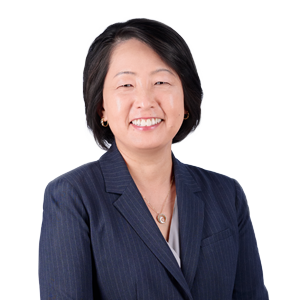Before joining the firm, Womble Bond Dickinson Partner Masami Tyson wrote this op-ed on her experiences as a Shin-Issei (a first-generation Japanese-American) for the U.S.-Japan Council (USJC). Masami recently was appointed to the USJC board.
I am a Shin-Issei – a first-generation immigrant from Japan. Growing up, the idea that America is a place of diversity was ingrained in my mind. I specifically remember reading in a grade school textbook that the United States is a “melting pot” of people of different colors from various countries – and that is precisely why the nation is special and powerful. It is a wonderland of people hailing from all over the globe, bringing their own cultures and backgrounds to be put to use for a common goal. Another image embedded in my memory is a drawing in another textbook of that first Thanksgiving dinner, in the land of the free where people celebrate one another, where everyone gets a fair shake, with justice and liberty for all. Being different or unique is to be honored, quite different from the Japanese concept of “the nail that sticks out gets hammered down.”
Of course, once I moved here in my late teens, and later as I became a U.S. citizen, I observed and personally experienced that as with everything else, nothing is as it seems from afar. The true test comes when we face a crisis – or two. And so, to be completely frank, the events in the last six months have been eye-opening and have “re-reshaped” my view of this country I have chosen to call my own. The pandemic created situations in which Asian Americans have been subjected to grossly misplaced scapegoating and stereotyping – yet again. The heinous crimes against George Floyd and other African Americans have been devastating for America, yet this time, Asian Americans were inadvertently but wrongly placed somewhat outside of the discussion – seemingly because we are not black or white and supposedly irrelevant to the dialogue that has followed.
